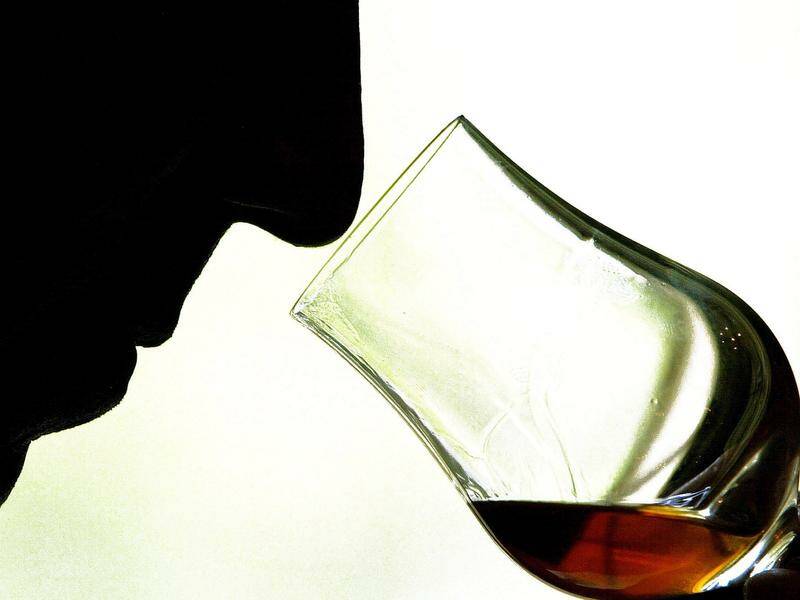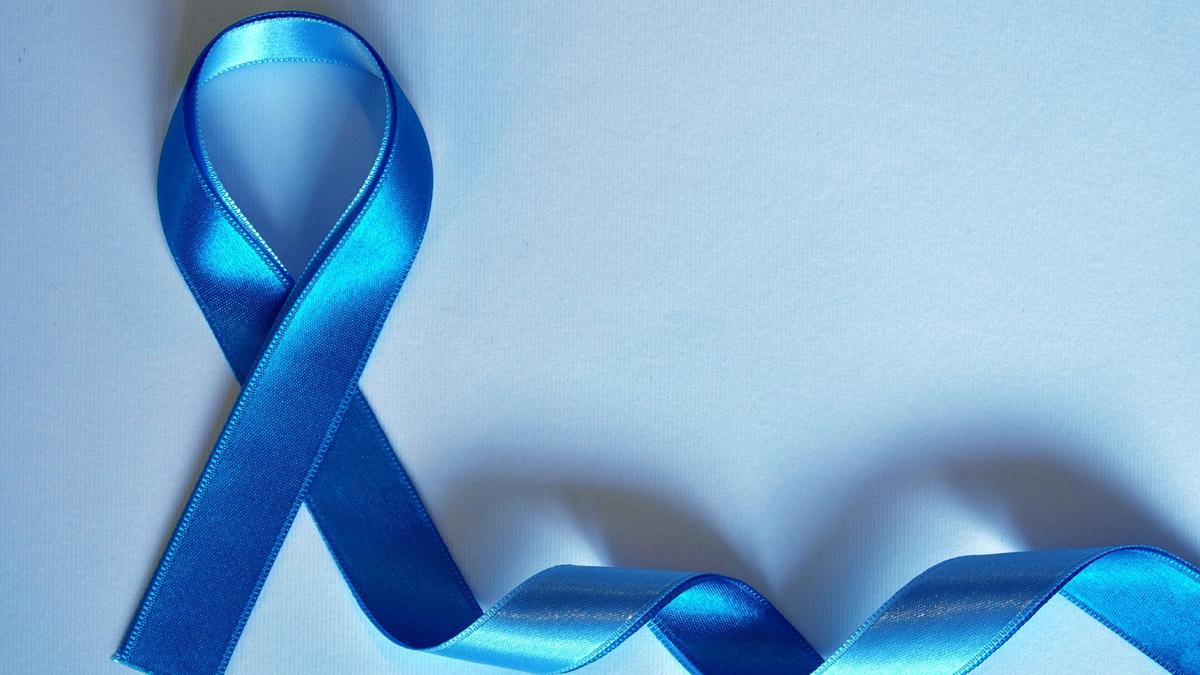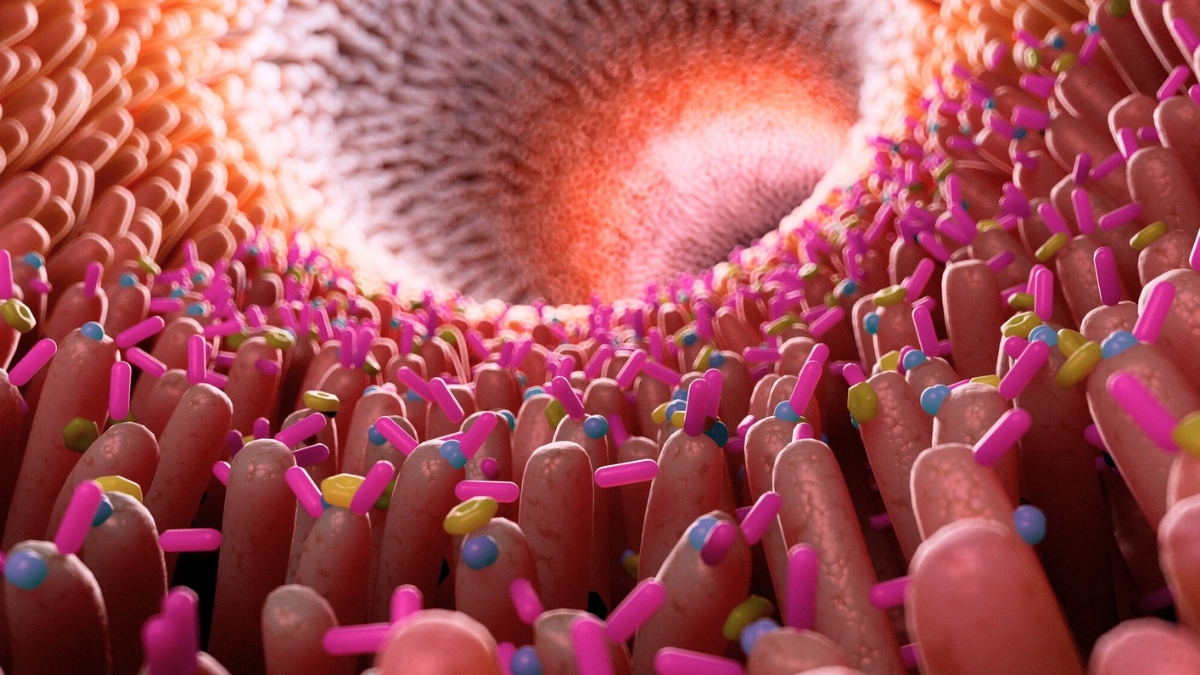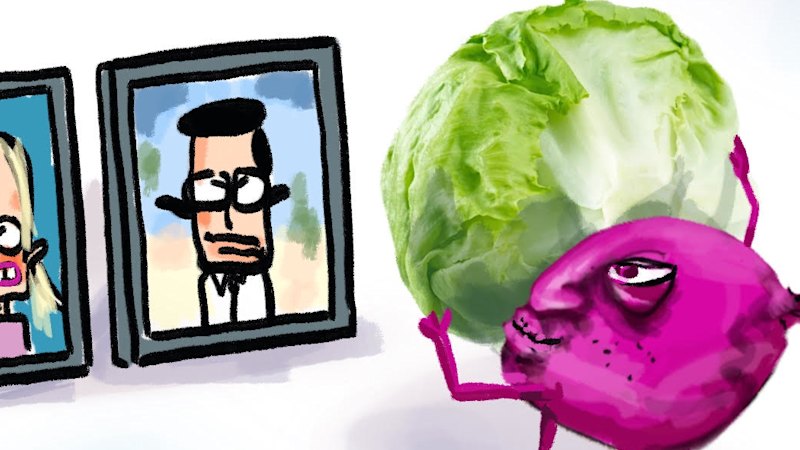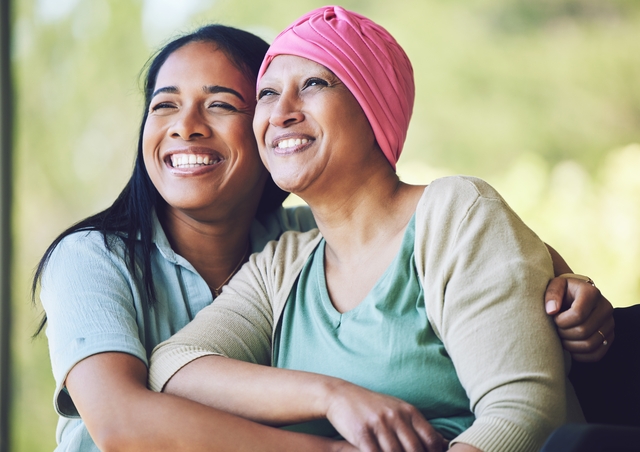
Cancer Council Victoria has called on women to be vigilant about unexplained symptoms and to stay current with health checks following Women’s Health Week, which took place from September 1-5, 2023. Data from the Victorian Cancer Registry revealed that over 17,900 women in Victoria were diagnosed with cancer this year, with the most prevalent types being breast, thyroid, bowel, and melanoma.
To reduce the risk of developing cancer, women are encouraged to participate in cancer screening. Australia offers four free national cancer screening programs targeting bowel, breast, cervical, and lung cancer. Kate Broun, head of screening, early detection, and immunisation at Cancer Council Victoria, emphasized the importance of catching up on overdue health checks and cancer screening tests.
“We are still seeing repercussions from the pandemic of people not keeping up to date with their health checks and cancer screening,” Broun stated. “It’s so important to take the time to look after yourself and see a healthcare professional if you notice any concerning or new changes to your body. Early detection of cancer saves lives and keeping on top of cancer screening can help find cancer early.”
The story of Helen Clapham illustrates the life-saving impact of cancer screening. Despite feeling healthy and exhibiting no symptoms, her first bowel screening test returned a positive result, leading to a diagnosis of stage 3 bowel cancer at the age of 56. “I thought ‘oh, here we go again!’ It had been 13 years since I was cleared of my breast cancer, and I’m lucky that I had great family support all around,” she reflected.
Clapham acknowledged that without the screening program, her outcome could have been drastically different. “Because it was detected through screening, the treatment was successful and now I’m able to enjoy life again,” she added. Now, two decades later, she remains proactive about her health checks and encourages her friends and family to prioritize their cancer screening tests.
“I can’t control the whole wide world, but I can try and get more people to do their cancer screening tests – they are an opportunity to get everything checked out,” Clapham noted.
In a significant update to health initiatives, the eligibility age for the National Bowel Cancer Screening Program was lowered in July 2024 to include individuals aged 45-49 for free at-home bowel screening test kits. Clapham believes this change will enable more individuals to undergo screenings and detect bowel cancer at an earlier stage. “I might have been one of the first people in Australia to be diagnosed with bowel cancer after doing the bowel screening test, so I hope younger people will now have the chance to find bowel cancer early and get treated, just like I did,” she said.
Women can take additional steps to lower their cancer risk during Women’s Health Week. These include:
1. Attending regular health check-ups with a general practitioner and addressing any new or concerning health symptoms.
2. Keeping up to date with cancer screenings, utilizing Australia’s four national cancer screening programs.
3. Reducing alcohol consumption and opting for healthier meal choices. The LiveLighter initiative offers free online recipes to assist in this effort.
4. Taking action to quit smoking or vaping, with support available from Quitline at 13 7848 or quit.org.au.
5. Practicing sun safety by using five forms of sun protection when the UV rating is 3 or higher. The SunSmart Global UV app provides additional information.
For further information on cancer prevention, visit cancervic.org.au. Individuals seeking cancer information or support can contact the Cancer Council support line at 13 11 20.




